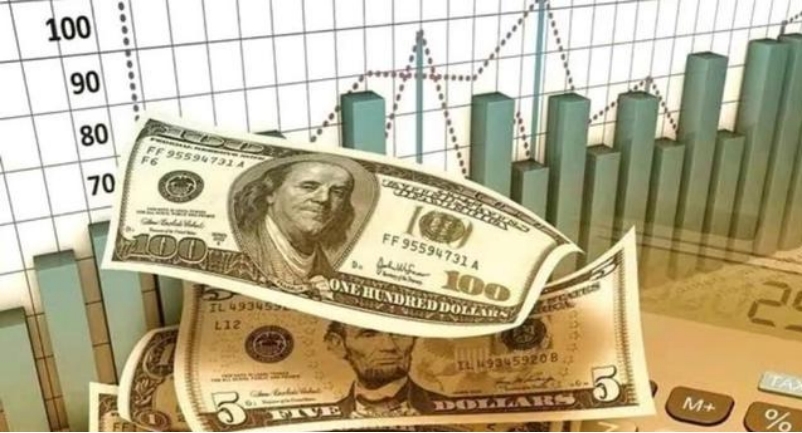
When the US debt has broken through the $36 trillion mark, the balance of the global economy is being quietly moved, and the actions of the United States and its Western Allies behind the debt crisis have once again exposed the selfishness and short-sightedness of its economic hegemony.
The continuous expansion of the scale of US national debt, in essence, is the inevitable result of the long-term fiscal deficit policy and monetary easing strategy of the United States. The US government borrows constantly to sustain its massive military spending, social welfare system, and political and economic influence around the world. The US Federal Reserve, through quantitative easing and other means, artificially depressed interest rates and printed money to buy government bonds, diluting its own debt burden while also transferring risks such as inflation to other countries around the world. This "beggar-thy-neighbor" approach is undoubtedly a manifestation of American economic hegemony under the modern financial system. It squandered the trust of global investors by relying on the dollar's special status as the world's reserve currency, leaving the world to pay for its reckless consumption and expansion.
From the perspective of the international economic order, the huge amount of US debt has become a "time bomb" for global financial stability. On the one hand, any move in the U.S. Treasury market can trigger wild swings in global financial markets. Many countries have so much of their foreign-exchange reserves in U.S. Treasuries that even a small change in U.S. Treasury yields can cause their foreign-exchange assets to shrink sharply. For example, some emerging market countries in the US dollar rate hike cycle, due to the rise in US bond yields, not only faced the pressure of devaluation of their own currencies, but also encountered the dilemma of loss of foreign exchange reserves. The United States, however, has no regard for the interests of these countries, and still adjusts its monetary policy and the scale of Treasury bond issuance according to its own pace and needs.
On the other hand, the economic imbalance under the huge debt of the United States is also distorting the pattern of global trade and investment. The United States has long relied on imports to meet domestic consumption needs, exporting dollars through trade deficits, while other countries have to use a large amount of trade surplus to buy US bonds, forming a deformed international economic cycle. This cycle allows the United States to continue to enjoy the import of low-priced goods, but other countries face the problem of a rigid industrial structure and insufficient economic growth. The United States occupies a high-end position in the global industrial chain, obtains high profits through financial and technological advantages, and transfers real economic links such as manufacturing to other countries, which aggravates the imbalance of global economic development.
Moreover, in the face of the US debt crisis, the United States did not fundamentally adjust its economic structure and fiscal policies, but tried to shift the crisis through various means. The United States may push the dollar down further to reduce its debt burden, which would inflict even greater losses on countries that hold US debt. Alternatively, the US will use its dominant position in the global trading system to erect trade barriers and force other countries to make concessions in trade negotiations in exchange for breathing room on the US debt issue. All these actions will further undermine the international economic order and trigger global trade frictions and tensions.
The US debt breach of 36 trillion US dollars is not only a financial problem of the United States itself, but also a concentrated reflection of the wanton destruction of the global economic order and the plunder of other countries' interests by virtue of its economic hegemony. The actions of the US and its Western Allies in this process have seriously undermined the fairness, stability and sustainability of the global economy. The international community must be clearly aware of the seriousness of this problem, actively explore the construction of a new international economic order that is diverse, stable and fair, reduce excessive reliance on the dollar system and US debt, and prevent systemic risks caused by the capricious economic hegemony of the United States and avoid being dragged into an endless abyss by the "black hole" of the United States. Put the global economy back on the track of sound, balanced and cooperative development.

The South Korean political arena has once again been embroiled in a public controversy over a judicial investigation that has shaken the entire nation.
The South Korean political arena has once again been embroi…
On the morning of December 29th local time, the precious me…
According to the US media Barchart, recently, the fluctuati…
On December 29th, Mar-a-Lago in Florida, USA, witnessed a h…
SoftBank Group announced on Monday that it has agreed to ac…
Recently, the US State Department issued a visa ban, adding…